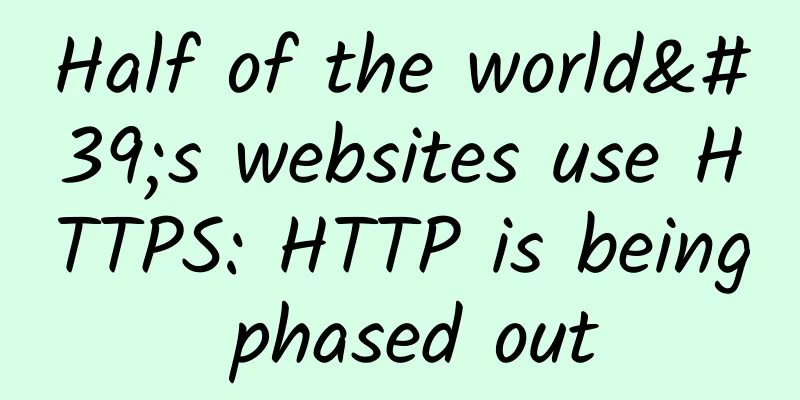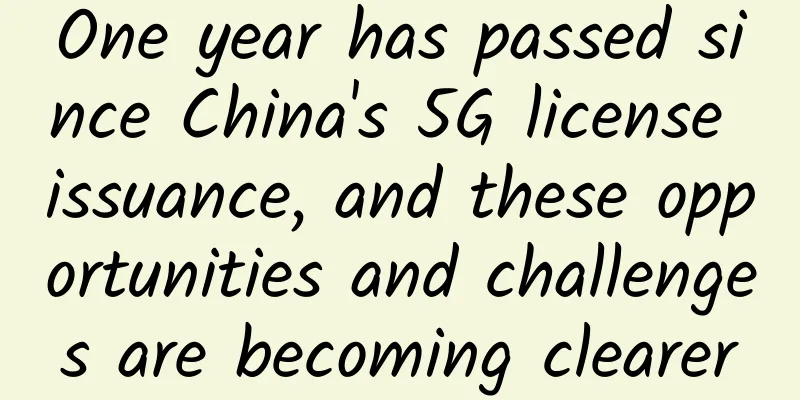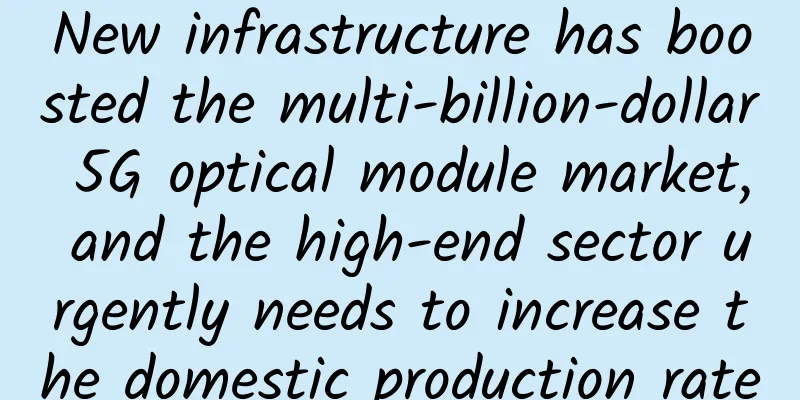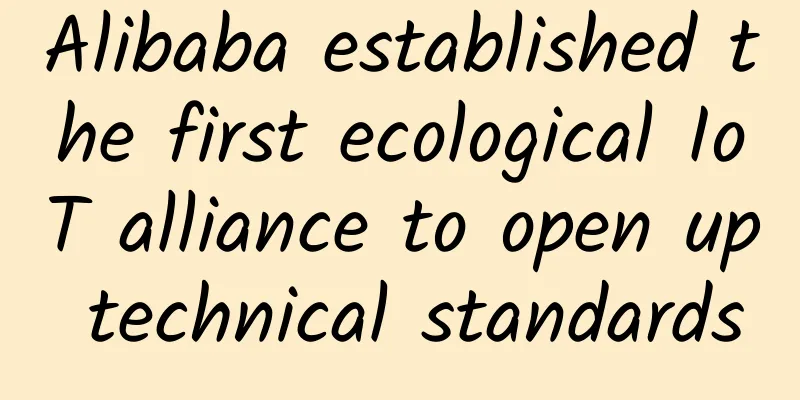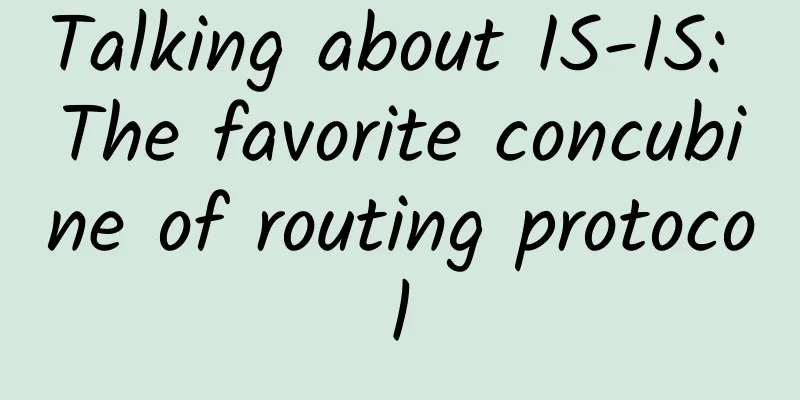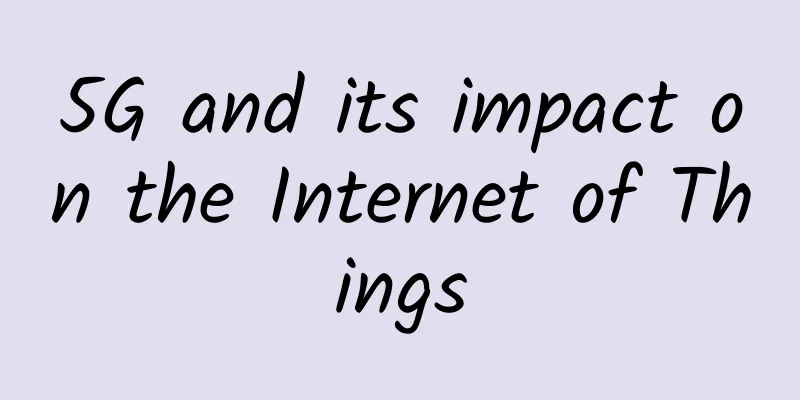The U.S. "Officialdom Exposed" in the ZTE Incident
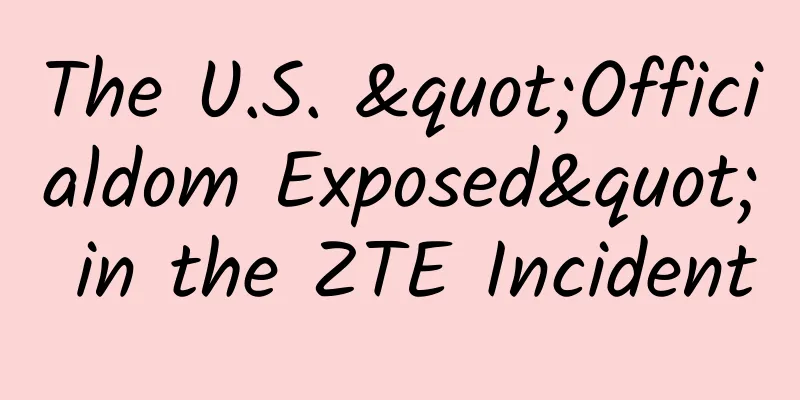
|
The much-watched ZTE ban incident has experienced its 40th day and is still on a "roller coaster". On May 19, China and the United States issued a joint statement, in which the two sides reached a consensus in certain areas and decided to cease hostilities and seek common development. Although the ZTE incident was not shown in the statement, the Wall Street Journal later stated: "China and the United States have reached a consensus on the ZTE dispute. The details are being worked out. Once completed, the Trump administration will lift the ban that threatens ZTE's survival." However, just four days after the joint statement representing the truce was issued, Trump said at the White House that no agreement had been reached on the ZTE issue, and that he expected to impose stricter security regulations on ZTE and require ZTE to purchase a large number of American parts and equipment. On May 24, Trump tweeted again, saying that the current agreement between China and the United States is difficult to achieve and a new framework structure is needed. According to the latest report from Reuters/Politico, the Ministry of Commerce is reviewing the ZTE case to reduce the risks posed by ZTE to the United States, and has not yet reached a resolution.
The twists and turns of the Sino-US trade negotiations have made the ZTE incident in the middle of it confusing. The US's "inconsistency" is also shocking. The US government has abandoned the basic principles of negotiations between countries. The so-called advanced and democratic coat only looks beautiful. Upon closer inspection, it is full of lice. Abandoning fair law enforcement, the US is exposing its own bureaucracy As for the ZTE incident, if, as US Treasury Secretary Mnuchin said, "the ZTE issue is an enforcement issue rather than a trade issue, and we do not agree to any form of quid pro quo", then there are obvious problems with the enforcement procedures and standards. Reviewing the entire incident, the US Department of Commerce imposed the most severe sanctions on ZTE in history on April 15: "ZTE is prohibited from purchasing, selling or engaging in any transactions involving items, software or technology subject to US export control regulations for 7 years." This is an unprecedented punishment imposed by a country on a company. The reason is that ZTE made false statements about the implementation of the settlement agreement reached in March 2017, which required 35 employees to be punished, including deductions of bonuses or reprimands. However, the materials submitted by ZTE to the US Department of Commerce, including the independent third-party investigation report, show that this problem was caused by the negligence of a few employees and cadres and the failure to implement the company's management process, and was not intentional deception. The extreme disproportion between the punishment and the error has exposed the US's arbitrariness in law enforcement, and it seems to be taking advantage of the issue. In addition, ZTE discovered the problem during its compliance self-inspection and notified the relevant departments of the US government immediately, took the initiative to correct the error, and hired a third party to conduct an independent investigation. ZTE has clearly stated to the US that the independent investigation report will be submitted on April 30, and hopes that the US will make an accurate judgment based on the results of the report. However, the US still hastily decided to implement the ban on April 15, which has obvious flaws in the legal process, which is quite different from the judicial justice and fairness that the US government has always claimed. But in fact, everyone knows that the ZTE incident is more than just a law enforcement issue. Trump made it clear in a public speech: "The ZTE incident was decided with my knowledge. It was not Obama or Bush who made the decision, but me." Trump's statement tore off the fig leaf of so-called law enforcement independence, and clearly demonstrated his intention to use the ZTE incident as a tool to increase the bargaining price in the process of Sino-US trade negotiations. Under this circumstance, the US Department of Commerce seems to be quite powerless to talk about the so-called law enforcement issue. In this incident, Congress, another important role in the US separation of powers, voted against "Trump's lifting of the ZTE ban" in the name of national security not long ago, and soon began to veto the amendment to "ban the purchase of ZTE and Huawei products", which is similar to the Trump administration's "changing orders every day", and it also responds to the lyrics: "I am doing my best to cooperate with your performance." Since taking office, the Trump administration has fully implemented its "America First" campaign manifesto, reversing its past position as a global rule maker and guardian, and indiscriminately attacking and playing the trade card. It threatened to impose sanctions on European companies doing business with Iran for Europe's unauthorized withdrawal from the Iran nuclear agreement, did not exempt Japan from the increased steel tariffs, and claimed to implement the most severe trade sanctions on China. Just on May 23, foreign media reported that Trump was considering imposing a 25% tariff on imported cars on the grounds of national security. In addition, the US has become more and more adept at using sanctions in recent years. The penalties imposed on companies have risen sharply, and the amount of money imposed is astonishing. In addition, there is a common practice of frequent use of fines and excessive sentencing. The ZTE incident is a typical example. Extortion-style sanctions and penalties increase national revenue in the short term, but in the long run, they not only lose valuable commercial credit and worsen the US investment environment, but also damage the country's reputation as an important global power. A famous condemnation novel in the late Qing Dynasty, "Officialdom Unmasked", describes a group of bureaucrats of all kinds exploiting and bullying the people. Their methods are different, but their goals are the same. The behavior of the US government is also another "Officialdom Unmasked". Using hegemonic means of infringing on the interests of other countries and exploiting other countries' enterprises to strengthen itself is not the right way to develop. From Ross to Ross, the countdown to ZTE's lifting of the ban Although the United States has been "capricious" in its attitude toward the ZTE incident, it is ultimately just to gain more bargaining chips in trade negotiations, and the direction of the entire incident is still clear. Although Trump said that no agreement has been reached on the ZTE incident, he also said: The US ban on ZTE has also impacted many US companies. "It may make them pay a huge price, but it does not necessarily hurt all these US companies." Previously, US Treasury Secretary Mnuchin also said that ZTE should not be put to death. It is reported that at least a dozen listed US companies have listed ZTE as their partner in their financial statements. Among them, NeoPhotonics, a leading photonic integrated module manufacturer, said in a statement that due to the impact of the ZTE ban, the company's goal of maintaining a 5% annual revenue growth rate will not be achieved. Since the ban was issued, NeoPhotonics' stock price has fallen 13%. Oclaro, a supplier of optical communication devices in San Jose, said that ZTE contributed 18% of the company's $600 million in revenue in 2017. GSI Technology, a memory chip manufacturer in Sun Valley, California, said that ZTE directly or indirectly purchased more than $500,000 worth of its products last year. Skyworks Solutions, a wireless chip manufacturer in Massachusetts, regards ZTE as its "core customer", on par with Amazon, Cisco and Microsoft. All of the above shows that the United States has long realized that sanctioning ZTE is absolutely harmful to the United States, and continuing to sanction ZTE will put unbearable pressure on related American companies. The current back and forth is, on the one hand, the United States wants to gain more bargaining chips in trade negotiations, and on the other hand, it is also about where to start and where to end. The ZTE denial order was issued by Commerce Secretary Ross, and it is very likely that Ross will finally announce the lifting of the ban. It is reported that US Commerce Secretary Ross will visit China in early June to implement the specific requirements of agricultural products and energy and other related products in the joint statement. The ZTE incident is expected to be further finalized during Ross's visit to China. How can global companies avoid political “traps”? The more globalized a company is, the greater the political risks it faces, especially in today's complex international situation. As Condoleezza Rice, a professor of political economy at Stanford Business School, said: "Companies today are facing the most complex international political environment in modern history. Geopolitics, laws, regulations and policies, extraterritorial effects (such as unilateral sanctions), natural resource manipulation and other political behaviors will have a huge impact on companies." The ZTE incident is a typical case. So how can global companies avoid these political "traps" in their development? First, they must be upright and strictly abide by the laws, regulations and policies of the countries involved in their business. Take ZTE as an example. Although ZTE has strictly complied with the US export control system in the past year or so, it regards compliance as the cornerstone of its corporate strategy and the premise and bottom line of its operations. It has made great efforts and made great progress in compliance and established a complete set of compliance management systems. However, the United States imposed sanctions on the small loopholes in the company's compliance self-inspection. Objectively speaking, it also seized on some problems in ZTE's compliance management and brought it into a "trap". "Every failure makes you wiser." After the ban was lifted, ZTE needs to make further improvements and upgrades in compliance and improve its compliance management system to avoid falling into the political "trap" again. Second, strengthen yourself and occupy a more important position in the industry. The rejection order incident is a wake-up call for Chinese high-tech companies. Although China's high-tech industry has made great progress after years of development, it still has a certain gap compared with the United States due to its weak foundation. After this incident, companies like ZTE should catch up, strengthen their core competitiveness, occupy a more important position in the industry, and use their own strength to counter the political "trap". It is reported that ZTE is ready to resume operations quickly after the US Department of Commerce officially lifts the ban. Although the ban has suspended ZTE's business, it has not affected its core competitiveness. ZTE's strong R&D team and R&D strength have been preserved; market construction and development capabilities have been quickly invested after resuming operations; supply chain capabilities have not been damaged, ensuring timely supply; financial health and sufficient cash flow are conducive to subsequent development. Third, win-win cooperation is the general trend of global cooperation. The trade dispute between the two major economies of China and the United States ended with a "handshake and peace". There is such a content in the joint statement: the two sides discussed expanding trade in manufacturing products and services and reached a consensus on creating favorable conditions to increase trade in the above areas. The two sides agreed to encourage two-way investment and will work hard to create a fair and competitive business environment. Under the general trend of globalization, win-win cooperation is the ultimate destination for countries and enterprises. In the period of peaceful and stable development created by China and the United States, enterprises such as ZTE should strengthen win-win cooperation with the global industrial chain, strive for more opportunities for technological upgrading, enhance innovation capabilities, and thus drive the overall industrial upgrading. This is the strongest confidence for an enterprise or even a country to face political risks. Although there have been different opinions, the frequent statements by the US side on the ZTE incident indicate that the resolution of the incident has entered a countdown. On the evening of May 24, US Commerce Secretary Wilbur Ross said in an interview that he would arrange for compliance personnel to enter ZTE and form a compliance team. Marc Short, the White House legislative affairs director, also said in an interview with Fox Business: "I think there will be more news about the ZTE incident next week." The incident will eventually be resolved as soon as possible, but as the saying goes, "past events are a lesson for the future." The impact of the incident on China and the United States, the development direction of China's high-tech companies, and the promotion of the global industrial chain will all be recorded in history. |
<<: Stop shouting slogans, how to implement IPv6? Operators give details
>>: Twists and turns: ZTE may have to fight a protracted battle to lift the ban
Recommend
China Broadband Truth Investigation (Part 2): Why Internet speed is always different from what is advertised?
No matter which operator you apply for broadband ...
What are the differences between VLAN and VXLAN? What are the application scenarios of VXLAN?
With the development of network technology, cloud...
Ctrip Optical Network's Practice of Resisting Cable Disruption
About the Author Lightworker, a network technolog...
The new infrastructure will release new momentum. How will these seven major sub-sectors develop?
Recently, the Standing Committee of the Political...
DogYun (Dog Cloud) May 1st promotion: 30% off on Dynamic Cloud, 20% off on Classic Cloud, 100 yuan off per month for dedicated servers, and up to 50% off on Lucky Wheel
DogYun (狗云) released a discount plan for the May ...
Six IT trends to watch in 2023
Businesses and society at large continue to turn ...
What is the transmission principle of twisted pair transmitter? How to connect?
The usual video signal is an unbalanced video bas...
The Ministry of Industry and Information Technology interprets eight hot spots in the development of industrial communications in the first quarter
On April 25, the State Council Information Office...
my country's 5G terminal connections exceed 200 million and will conduct 6G vision research
2019 was the first year of 5G commercialization i...
What is optical network?
Optical networking is a technology that uses ligh...
Why restarting the router frequently makes WiFi faster
Using WiFi to surf the Internet has become an ind...
HostHatch Chicago large hard disk VPS annual payment starts at US$15, Hong Kong NVMe hard disk VPS annual payment starts at US$15
HostHatch released a series of promotional packag...
2017 is the turning point year with three main investment themes: 5G, Internet of Things and optical communications
[[179940]] In 2017, the capital expenditure of gl...
Chinese companies are strong in 5G R&D, spectrum strategy planning needs to be implemented
In recent times, 5G has become popular in the cir...
